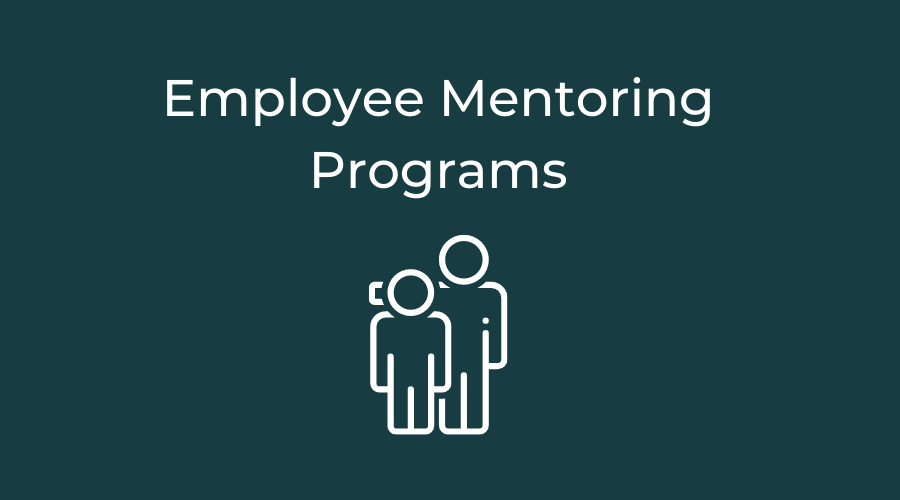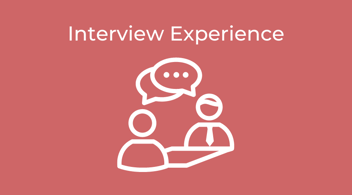
Employee Mentoring Programs
One of the most popular questions applicants ask in an interview with an employer is often phrased as, ‘how are you going to invest in me?’ During the age of the great resignation, the great reshuffle, employees are dialing up their bare minimum standards. They are looking for not just wage increases and better benefits, but developed culture, humble leaders, and mentors willing to spend the time and effort in building them into the professional they want to be.
Gone are the days where top employees are willing to remain comfortable with their current status. Young professionals are reaching for more. According to The Lorman Blog
76% of millennials believe professional development opportunities are one of the most important aspects of company culture.
Companies lacking in mentoring and professional development programs are viewed as stagnant in the eyes of potential candidates. Without properly planned and executed professional mentorship and growth opportunities, an organization is guaranteed to lose out on the market’s top talent.
Benefits of Employee Mentorship
One benefit of a successful mentorship program is the development of a succession pipeline. Building a pipeline of succession can take the heavy lifting and financial burden from high level recruiting. When lower level new employees are giving the opportunity to grow, ultimately they are able to move up with proper training. Filling their lower level roles becomes the motive rather than constantly looking outside for high level positions that are often expensive to fill. Developing and mentoring new employees builds not only loyalty, but a personal investment. Employees that are being developed are heavily engaged in their own growth as well as the growth of the organization. Commitment to growing them encourages tenure and a desire to stay on board with the hopes of moving up as new skills are gained.
Types of Employee Mentorship Programs
One-on-One
Initial onboarding is the perfect time to initiate a one-on-one mentorship pair. One-on-one mentoring can work like a supportive buddy system. Buddy systems are a great way to curb early turnover. Pairing new hires with an engaged tenured employee gives the employee a reliable source of information and community. Their buddy will help them adapt to the culture, learn the new aspects of the job, and be an encouraging peer during the beginning stages of employment.
Professional Coaching
For highly valued key employees companies can consider a professional coaching service. Professional coaching is typically an outside service that companies can utilize to develop employees they want to retain and grow into leaders. Professional coaches will perform a gap analysis, discuss career objectives, and plan a growth program to help an employee learn and mature desire skillsets. Often executives and managers are prime candidates for coaching. They may be lacking in leadership or communication and need an expert to provide teaching in that area. Professional coaching shows significant investment from the company in creating long term employee relationships.
Upskilling
Companies can sponsor employees to become more valuable by paying for additional schooling and certifications. Upskilling is the process of employees learning and mastering new skills, often related to technological abilities. Whether it is becoming an excel master, learning coding, developing social media competencies, or gaining an industry specific certification, upskilling helps employees and companies stay relevant. Employers offering investment in employees by sponsoring upskilling programs will have an upper hand in attracting top talent and retaining current employees.
Career Path and Succession Planning
Providing employees with career path planning and opportunities to be mentored into succession plans encourages them to engage in their own workplace goals. When open conversations are held about employee goals and long term career desires employers can support employees by aligning those goals with the needs of the company. Employers can use career paths and succession planning to build an internal candidate pipeline of loyal and knowledgeable employees.
Reverse Mentoring
As companies strive to stay relevant in a quickly changing and technologically developing workforce, they may want to consider implementing reverse mentoring. Reverse mentoring is when a younger employee mentors a seasoned executive. This is perfect for companies who have humble leaders that want to stay connected to their employees and are willing to learn from them. This bottom up approach can build a powerful rapport between organizational leaders and new employees. A culture of transparency and collaboration born out of reverse mentoring can initiate a powerful transformation and ultimately increase retention of both new and seasoned employees.
Stephanie Mauney is freelance writer and content curator specializing in Human Resources.


